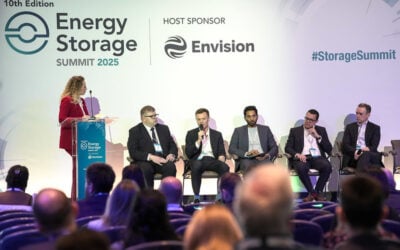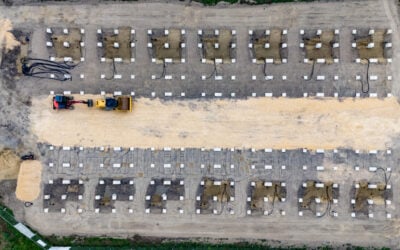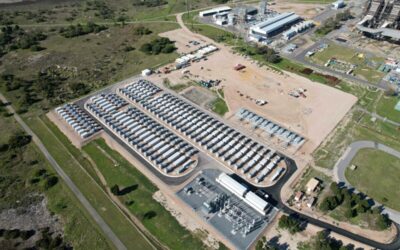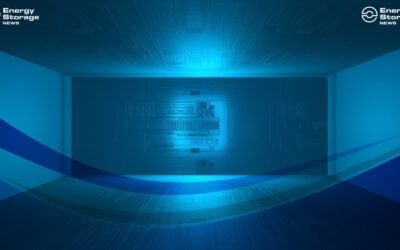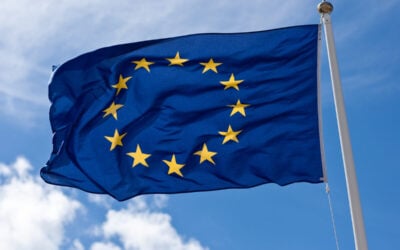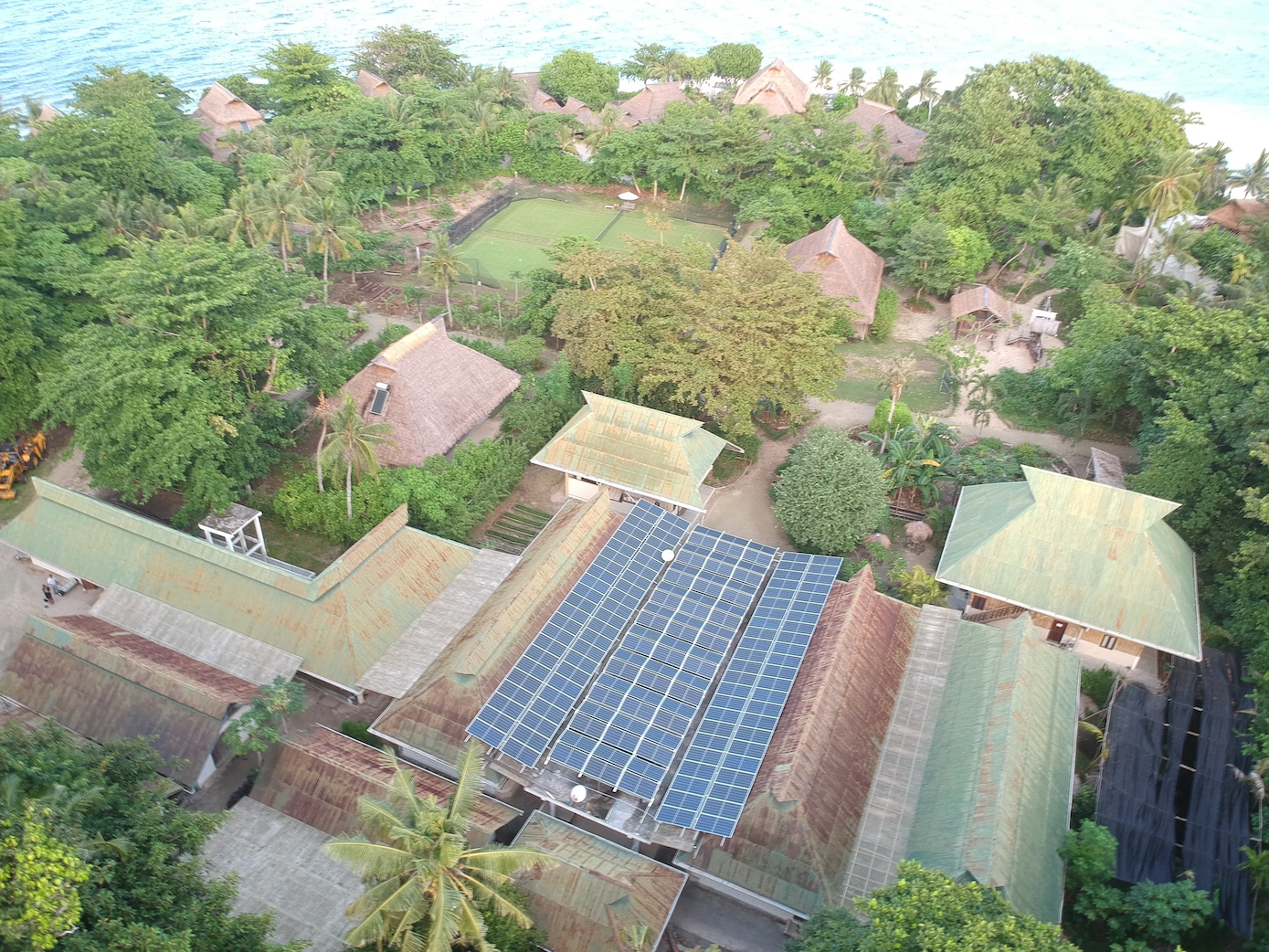
Canopy Power, a start-up headquartered in Singapore which has recently completed microgrid projects including solar and battery energy storage, for luxury resorts in South East Asia, says it wants to take the tech and its concepts into a number of other sectors.
The company first got in touch with Energy-Storage.news in September, on the completion of a “customised independent renewable energy microgrid” for Telunas Private Island, an idyllic island paradise resort located in the Riau Archipelago of Indonesia.
That project included 110kW peak of solar PV from REC Solar, solar inverters from SMA, and an AlphaESS 144kWh lithium-ion energy storage system (ESS). Canopy claims the “renewable impact” of the island now stands at 60% penetration. That project still uses diesel gensets as backup power and as a part of the integrated microgrid, but is expected to reduce diesel consumption by about 45,000 litres per year.
Then, in October, the company touted the successful completion of another solar-diesel-storage microgrid, this time powering two further luxury islands resorts, Nikoi and Cempedak, again both situated on the Indonesian Riau Archipelago. These two resorts will now run on 50% renewable energy as a consequence.
Try Premium for just $1
- Full premium access for the first month at only $1
- Converts to an annual rate after 30 days unless cancelled
- Cancel anytime during the trial period
Premium Benefits
- Expert industry analysis and interviews
- Digital access to PV Tech Power journal
- Exclusive event discounts
Or get the full Premium subscription right away
Or continue reading this article for free
In that instance, Nikoi already had some solar PV installed, while Cempedak was until recently 100% diesel-run. The islands are more than 10km from the nearest available grid connection. New solar panels were fitted (again from REC Solar, 52.5kW peak), inverters were again supplied by SMA, and the system uses a 77kWh lithium-ion battery energy storage system (BESS) supplied by Tesvolt.
From logistical challenges to channels of opportunity
Getting the projects done was rewarding, but not without challenges, Canopy Power founder Sujay Malve told Energy-Storage.news this week.
“Logistics to these remote sites is always a challenge. Customs procedures in Indonesia are more complex than several countries in the region,” Sujay Malve said.
“Beyond that, the management of the last leg of logistics, from the port to the site, is also quite critical. The sites did not have heavy material handling equipment. Hence, we had to package materials in smaller manageable sized boxes and pallets so that they can be unloaded and moved manually. All this requires a lot of detailed planning with the customer team as well as our logistics partners.”
While the integration of systems and project execution is itself a big task, the ongoing operation of those systems is equally important. Canopy Power said it has developed its own remote monitoring and management system for microgrids, branded ‘Hornbill’. The company said Hornbill “helps to maximise uptime and achieve optimal performance.”
Moving forwards, while this type of luxury resort may be the fabled ‘low hanging fruit’ of microgrids – self-contained energy networks operated by private individuals wealthy enough to shoulder the capital cost – Canopy Power’s director of business development, Daniel Rye, said there is no reason why the lessons learned cannot be successfully replicated for other types of business.
“We are now looking to emulate our success in the hospitality industry across other sectors where remote business operations are common, like agribusiness and mining,” Rye said.
“In this way, our project pipeline that was previously dominated by resorts, is diversifying, with sites like plantations, fisheries, farms and mines. This expansion coincides with these sectors beginning to take energy sustainability more seriously, in tandem with the ongoing reduction in the cost of the core technology within our solutions.”

